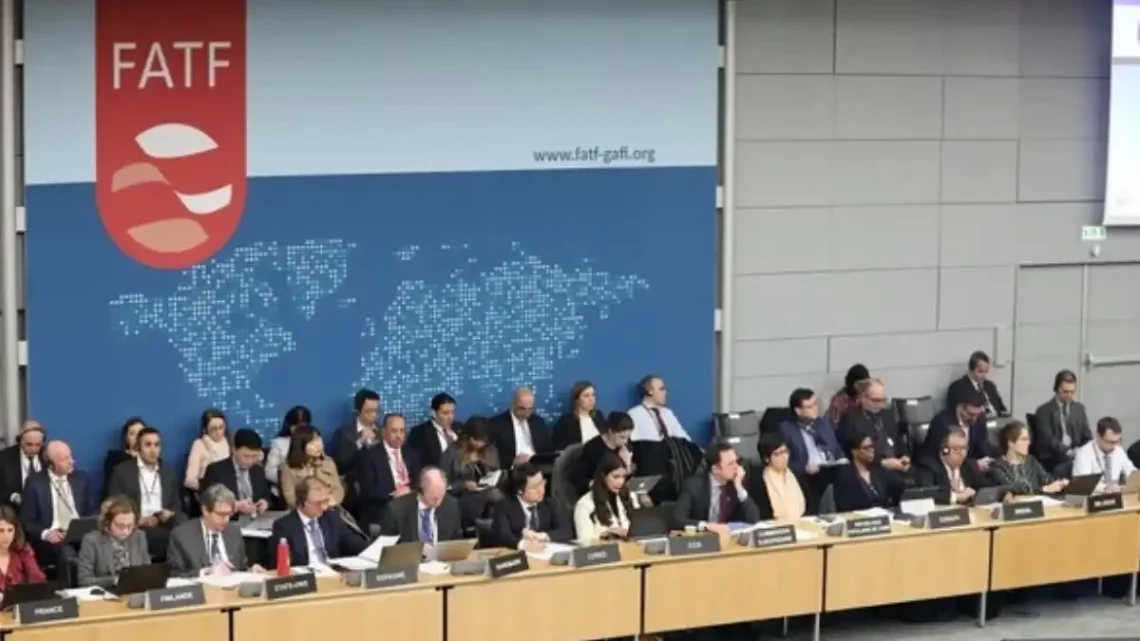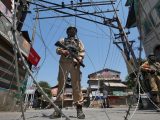
India under FATF Scrutiny: Concerns about Illegal Activities
September 20, 2024The Financial Action Task Force (FATF), a global authority monitoring money laundering and terrorist financing, has raised concerns about India’s management of these issues.
The FATF highlighted that India faces significant risks related to fraud, particularly cyber-enabled fraud, corruption, and drug trafficking. These issues were central to their review of India’s anti-money laundering (AML) and counter-terrorist financing (CTF) efforts.
While the FATF acknowledged India’s progress in addressing money laundering linked to fraud and forgery, it noted a lack of focus on other crimes, notably human and drug trafficking. This indicates a gap in India’s overall strategy to combat financial crimes.
A significant concern raised in the report is the backlog of money laundering cases in Indian courts. The FATF emphasized that India must expedite prosecutions and impose sanctions on individuals involved in financing terrorism.
India has made measures to combat illicit finance, the FATF called for more rigorous action. It stressed that trials for money laundering and terrorist financing should conclude promptly, ensuring that offenders face adequate penalties.
The organization also advised India to adopt a risk-based approach to non-profit organizations. This means proactively educating these organizations about the risks of being exploited for terrorist financing.
The FATF approved that Indian financial institutions have begun to address concerns related to politically exposed persons (PEPs). However, it pointed out that the domestic PEPs remain inadequately covered in compliance measures, which must be rectified.
Furthermore, the FATF urged India to ensure full implementation of reporting requirements by relevant entities. This is essential for a comprehensive AML and CTF framework.
The organization noted that preventive measures in the non-financial sector and virtual asset service providers are still in their infancy. There is an urgent need for India to enhance the enforcement of cash restrictions, particularly in the precious metals and stones sectors, which are significantly impacted by money laundering.
Following its assessment, the FATF has placed India under “regular follow-up.” The country will be required to report back to the plenary in three years, underscoring the importance of addressing these issues swiftly.
To conclude, the FATF’s warnings reflect critical areas where India must strengthen its frameworks to combat money laundering and terrorism financing effectively. Without timely reforms, the country risks facing greater international scrutiny.

